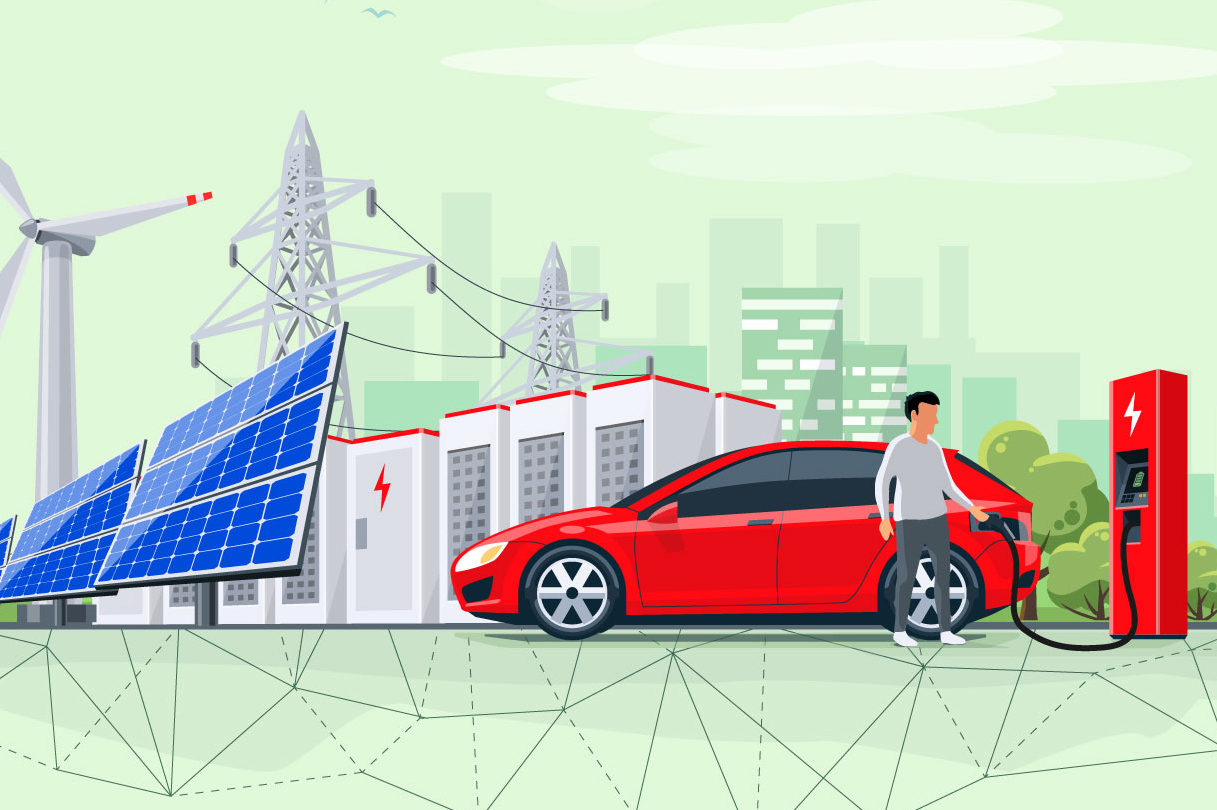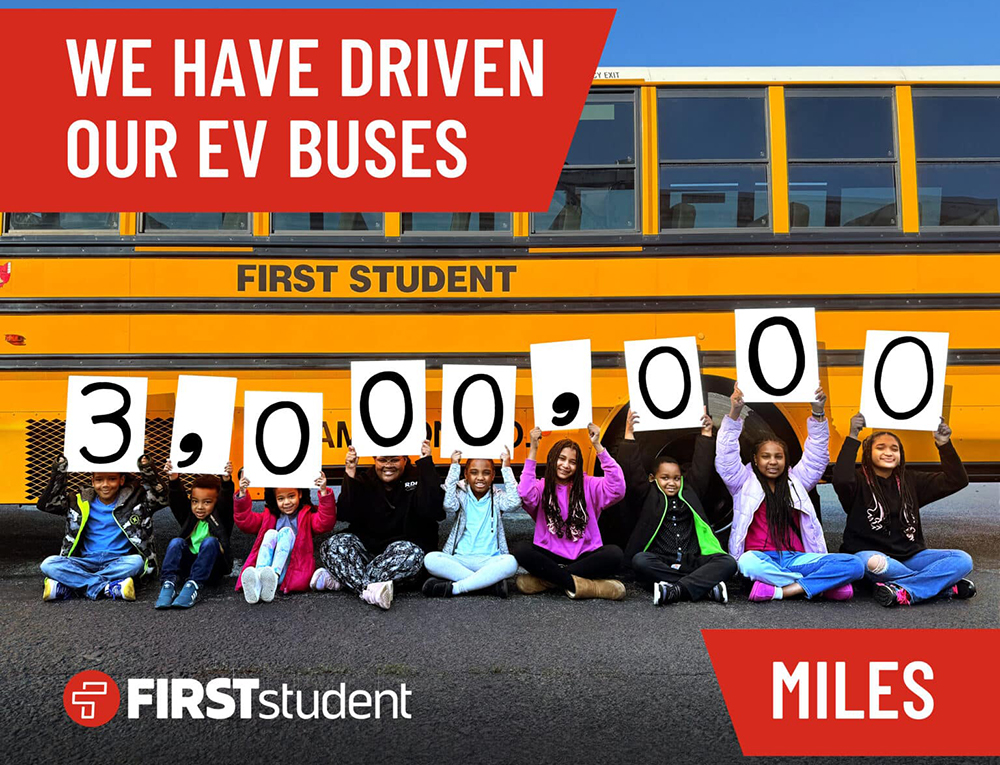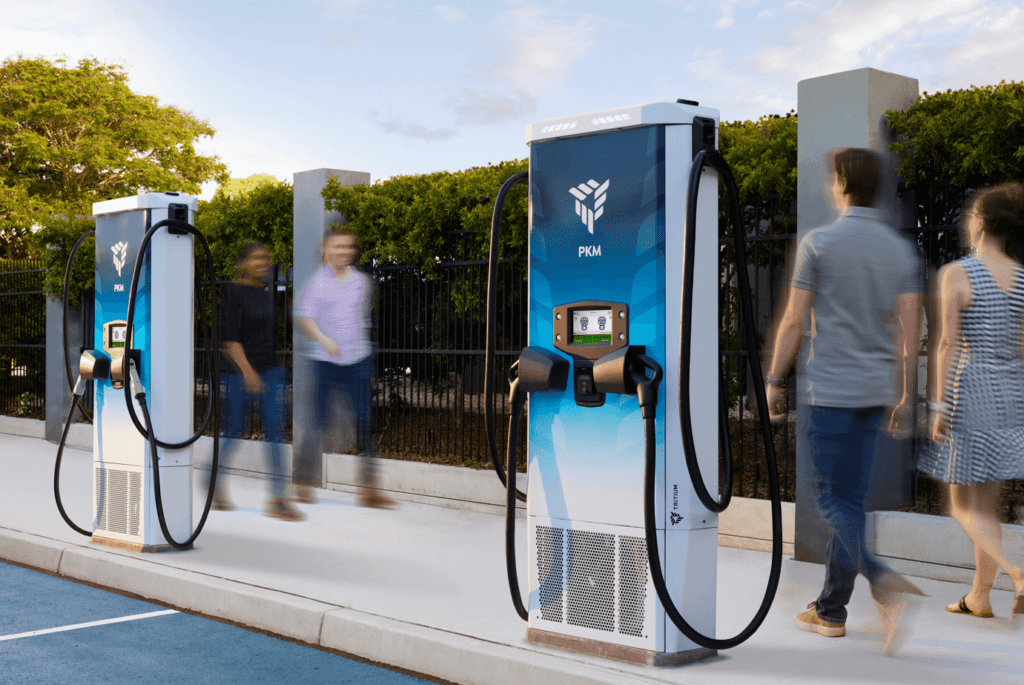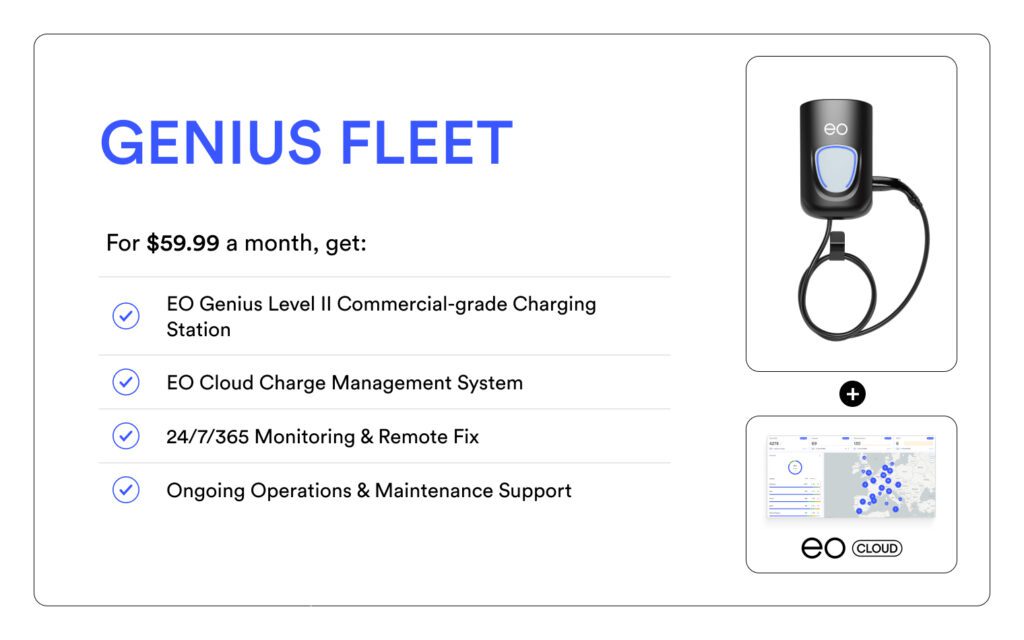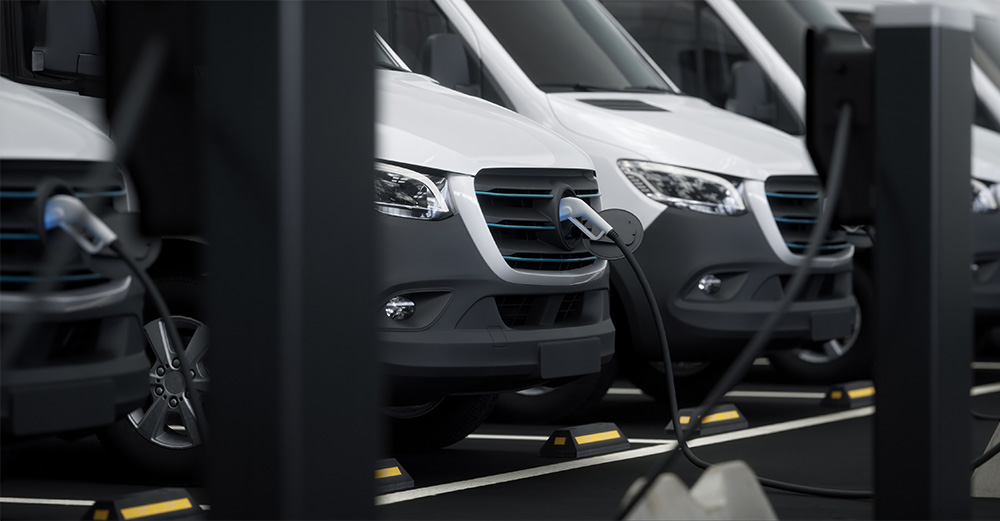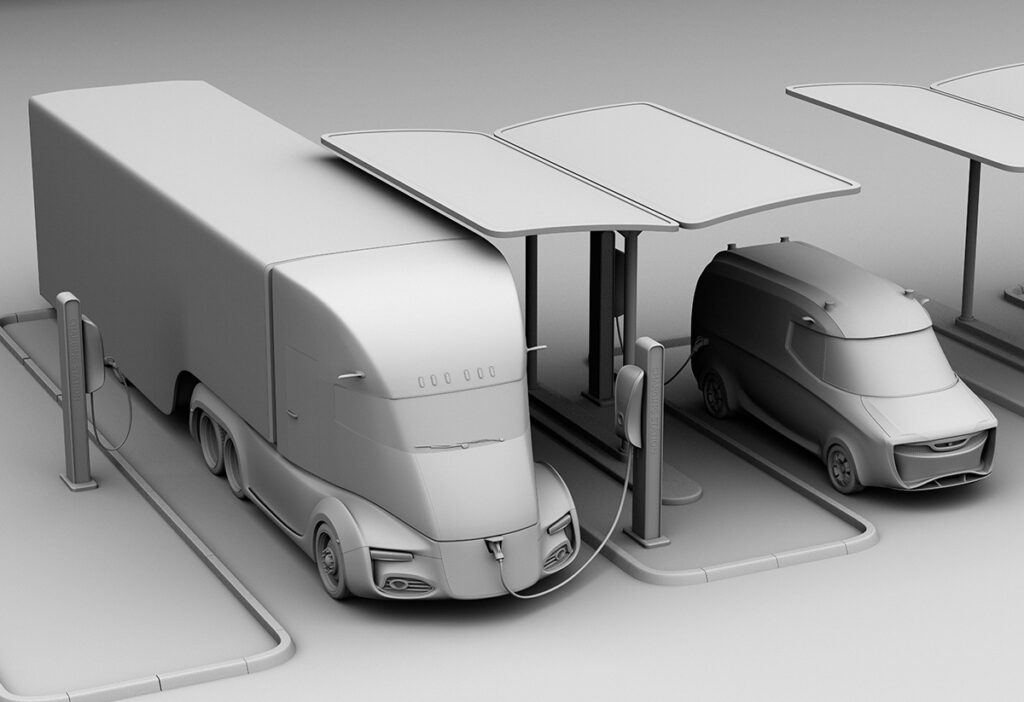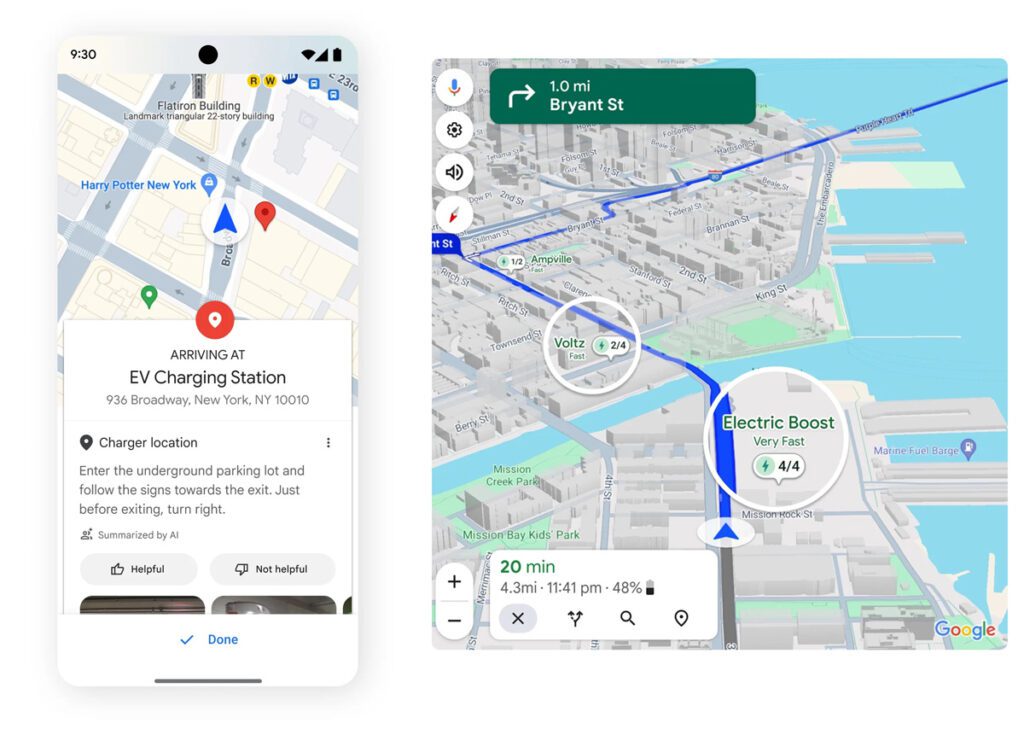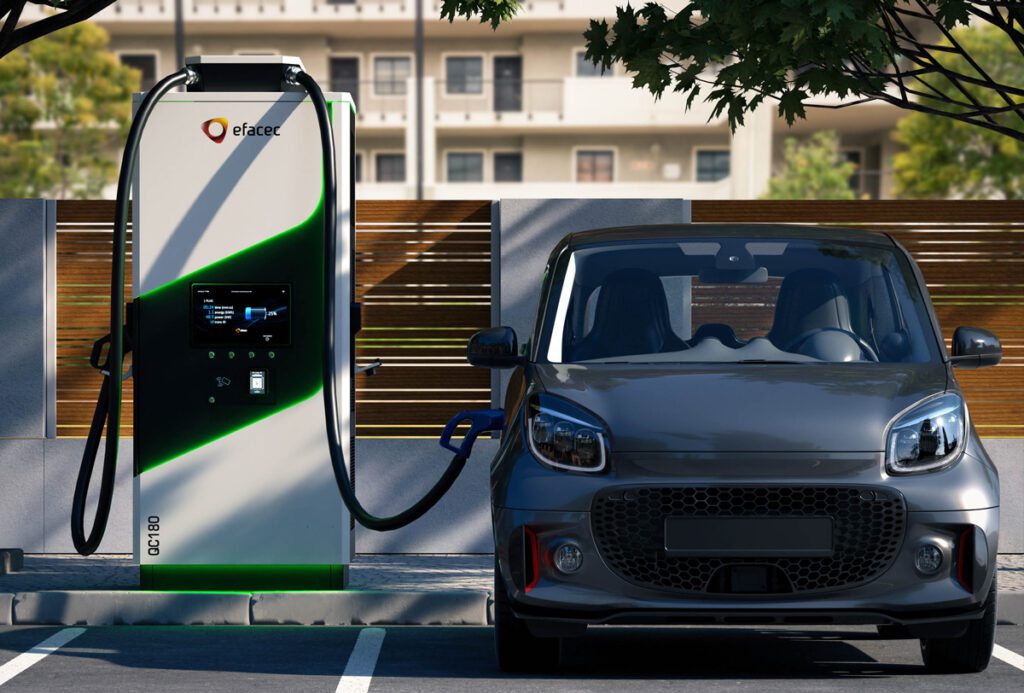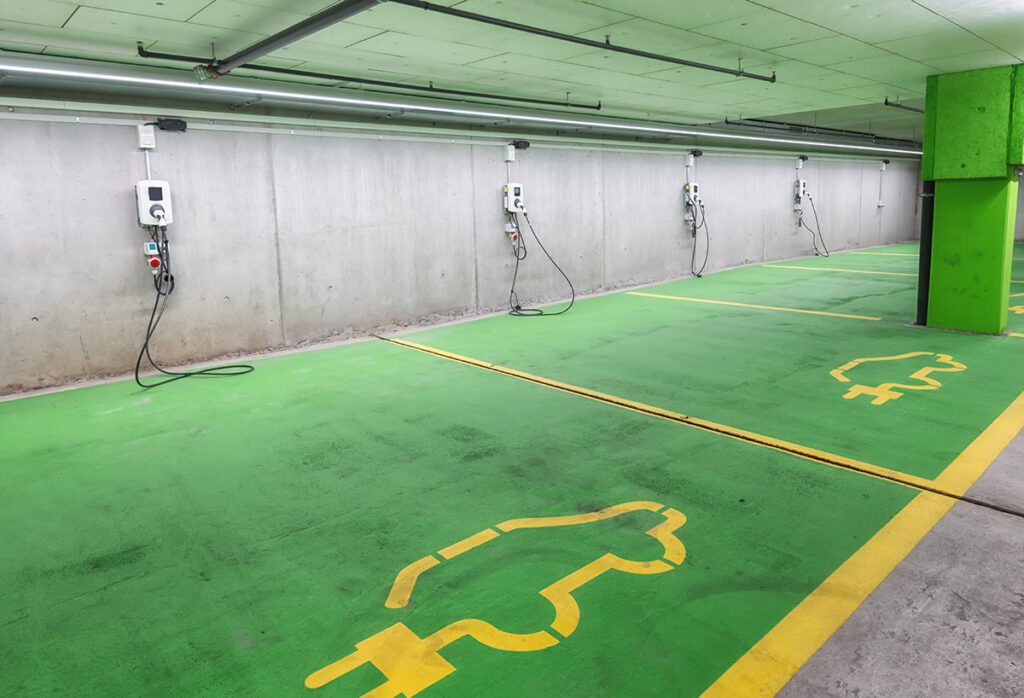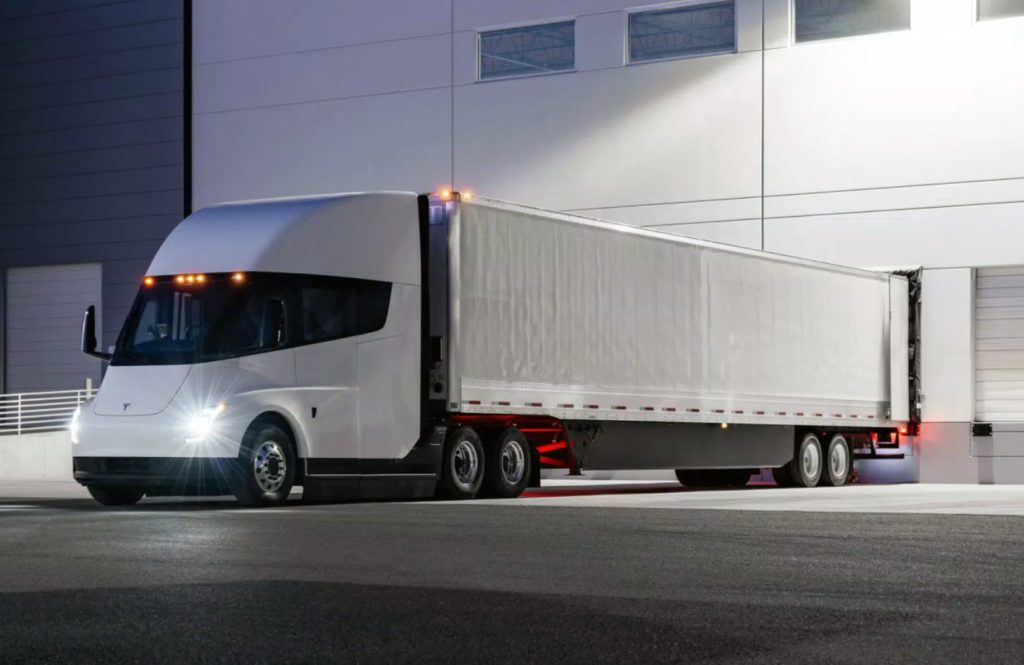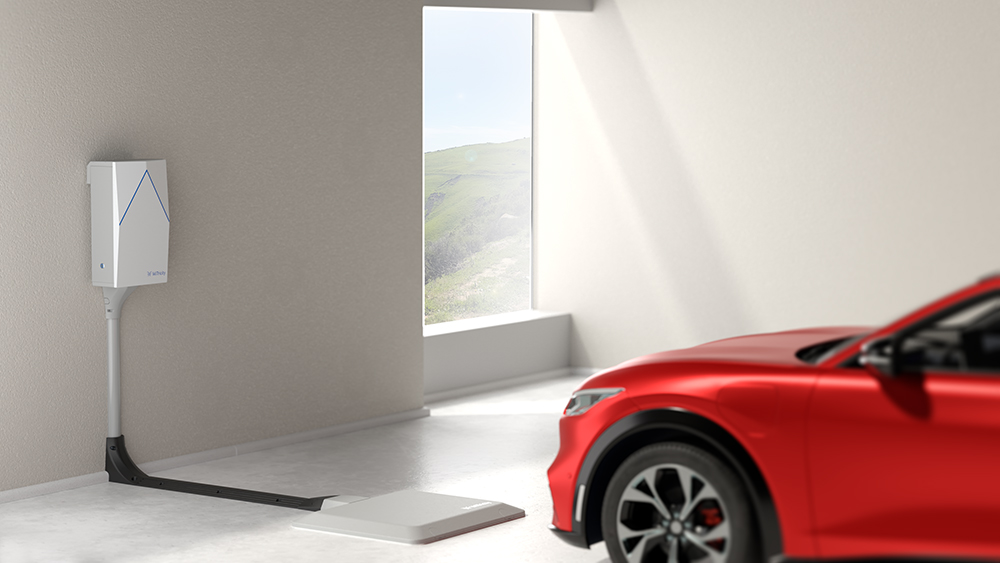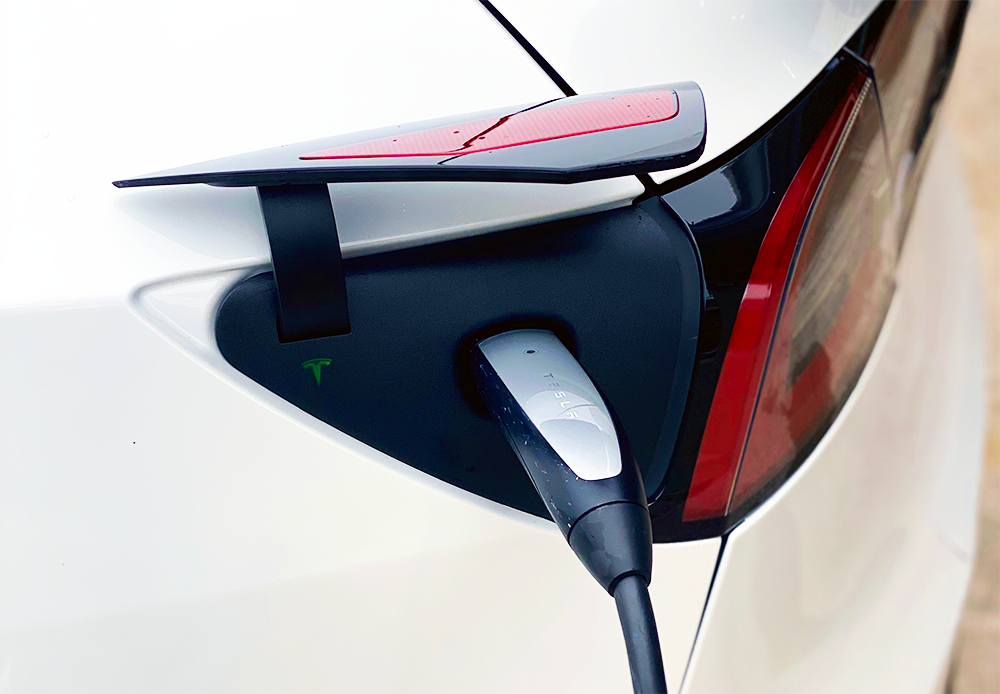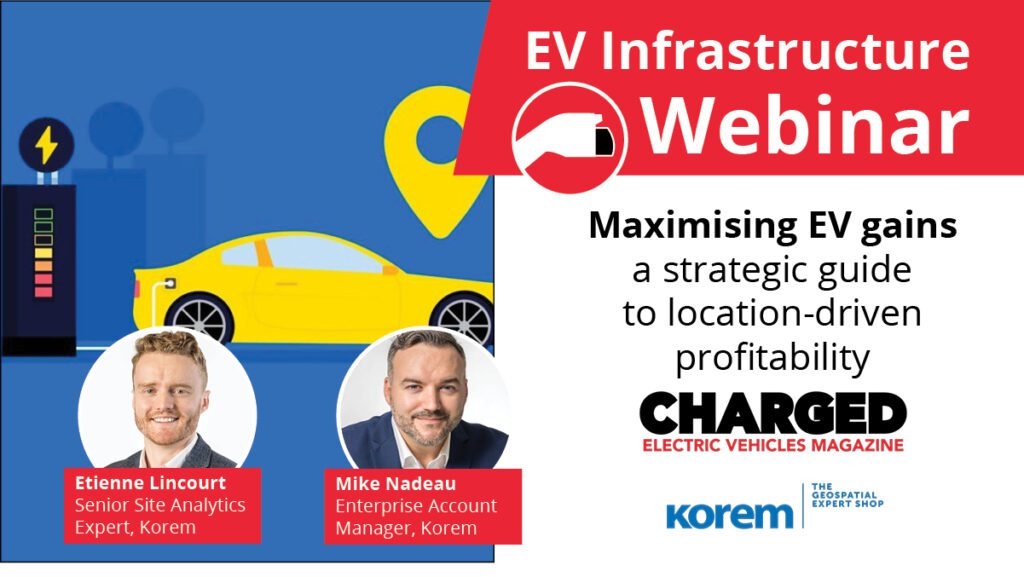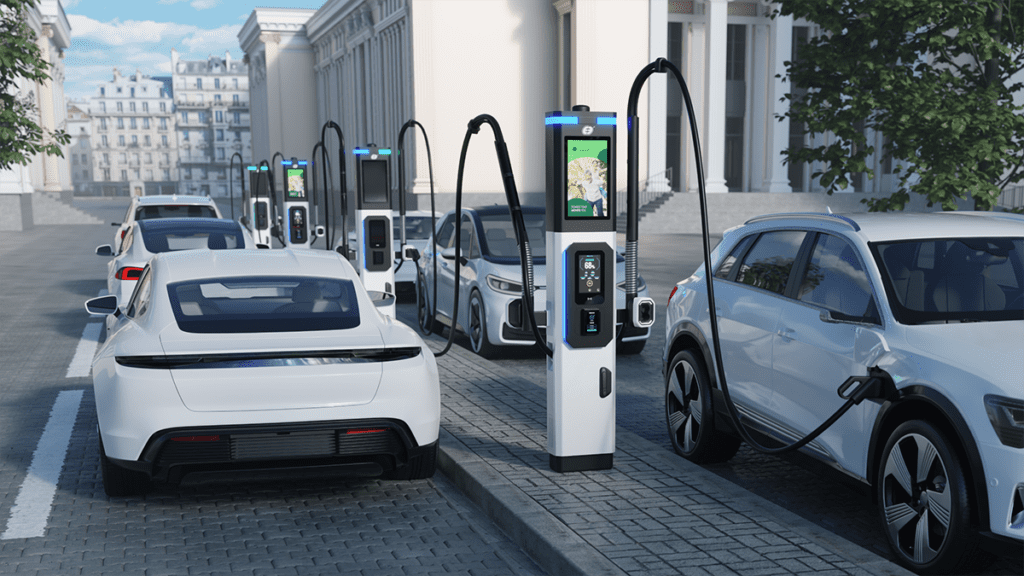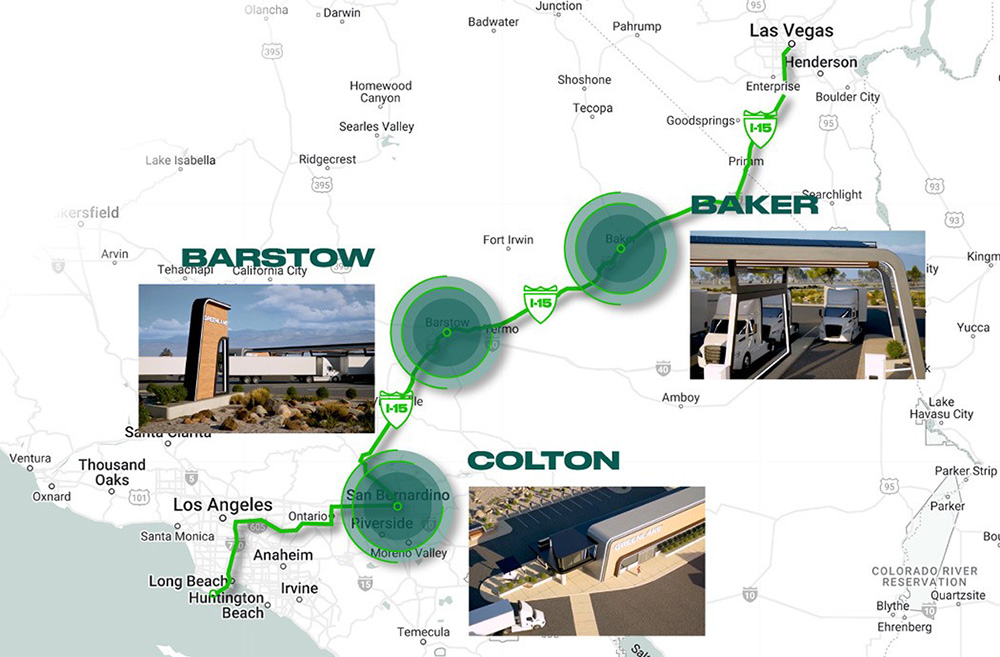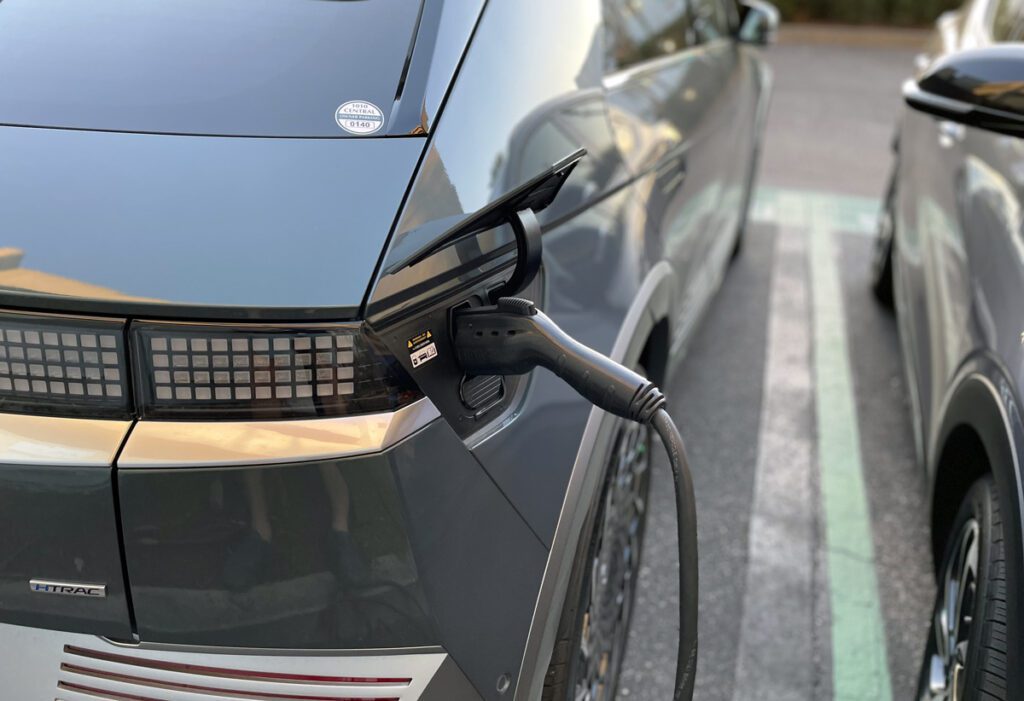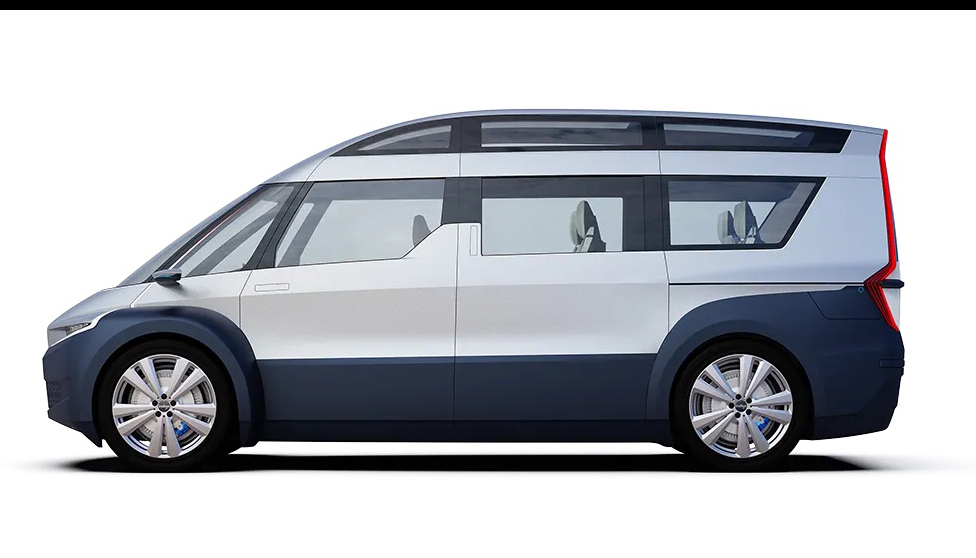One of the favorite tropes of the anti-EV crowd is that converting all vehicles to EVs will “crash the grid.” Those of us who regularly speak with execs at electric utilities and charging infrastructure providers aren’t too worried about this. However, as they say, the plural of anecdote is not data, so perhaps a mathematical explanation would better allay your fears of electrical apocalypse.
As Chris Harto recently wrote in Consumer Reports, understanding the issue requires looking at some stats and doing a little bit of math.
The Federal Highway Administration (FHWA) estimates that Americans drove 2.9 trillion miles in light-duty vehicles in 2019, and predicts that this number will increase by 17% by 2049. If these estimates are correct, Americans will drive around 3.4 trillion miles in 2049.
The efficiency of EVs (how much energy they use to drive a given distance) varies widely, but CR looked at 20 popular EV models, and found that their average efficiency is 3.1 miles per kilowatt-hour.
The DOE estimates that US utilities generated 4.2 trillion kilowatt-hours of electricity in 2022.
Based on these figures, we find that, if every passenger vehicle in the US were instantly converted to a battery-electric vehicle, we would need to generate an additional 950 billion kWh of electricity per year—a 22% increase in total electricity generation.
Of course, even the most ardent EV fans don’t expect all of the nation’s 276 million vehicles to instantly turn into EVs. A recent CR analysis found that, even if EVs made up 100% of new vehicle sales by 2035, it would take until 2050 for almost all vehicles on the road to be electric. Meeting this increased demand for electricity would require generation to increase by about 1% per year, well below the 3.2% average annual growth rate for electricity generation over the past 70 years.
All this is not to minimize the challenges that lie ahead— as those electrical experts we mentioned at the start of this article constantly remind us, the US electrical grid will need to be massively upgraded and modernized to accommodate EVs and renewable energy. But the bugaboo of grid capacity as a deal-killer for vehicle electrification is just that—a grain of truth spun into a misleading meme by folks with an obstructionist agenda.
It’s also worth mentioning that CR’s analysis of the issue apparently didn’t take into account the potential of V2G, an emerging technology that promises to make EVs into an asset for the grid; nor the fact that gas-powered cars also require large amounts of electricity (by one calculation, about half as much electricity per mile as a pure EV).
Consumer Reports is not the only organization that has applied facts and figures to this issue. The US Drive Partnership concluded in 2019 that “based on historical growth rates, sufficient energy generation and generation capacity is expected to be available to support a growing EV fleet as it evolves over time, even with high EV market growth.”
The Union of Concerned Scientists, Scientific American, and IEEE Spectrum reached similar conclusions: difficult, but can do. Even the Wall Street Journal, no drinker of electric Kool-Aid, reported: “The consensus is that utilities can generate enough electricity. The problem is going to be getting it to people’s homes and businesses.”
In May 2023, the Rocky Mountain Institute released a detailed analysis of the implications of heavy-duty truck electrification for the grid. People need to realize that electric trucks “will not ‘break the grid’ or ‘destabilize the grid,'” the authors write. “Trucks are just a new source of load growth that bring a few wrinkles that challenge some of our current way of operating. However, utilities can and will figure it out.”
Source: Consumer Reports



